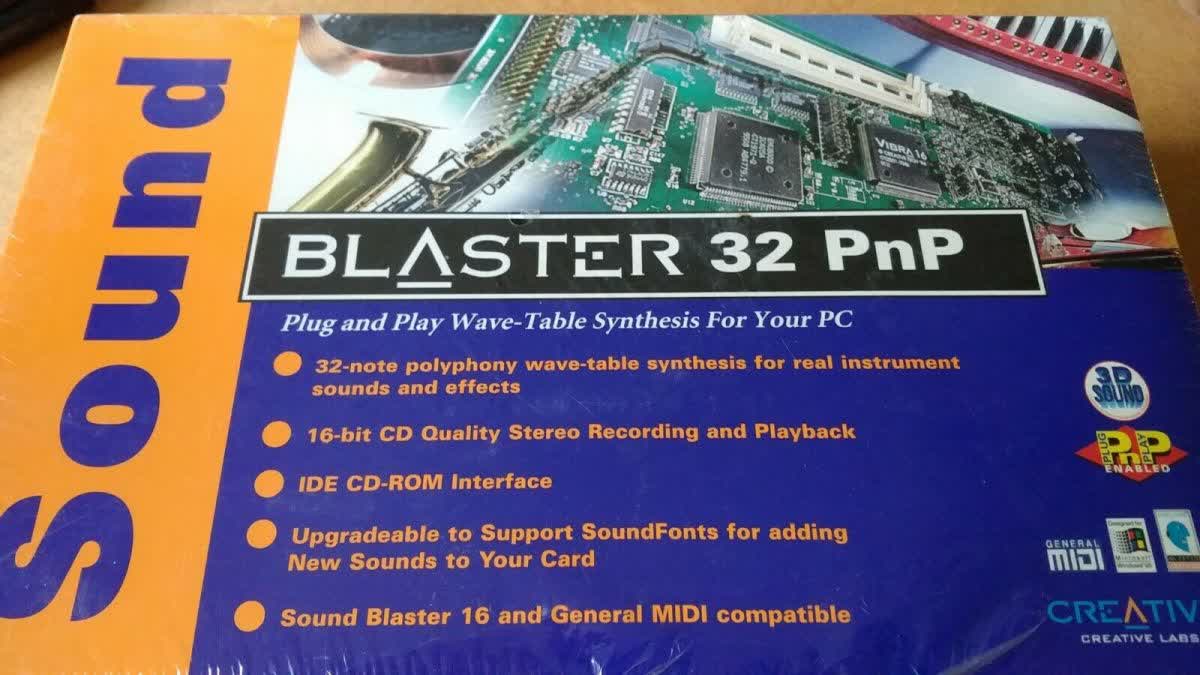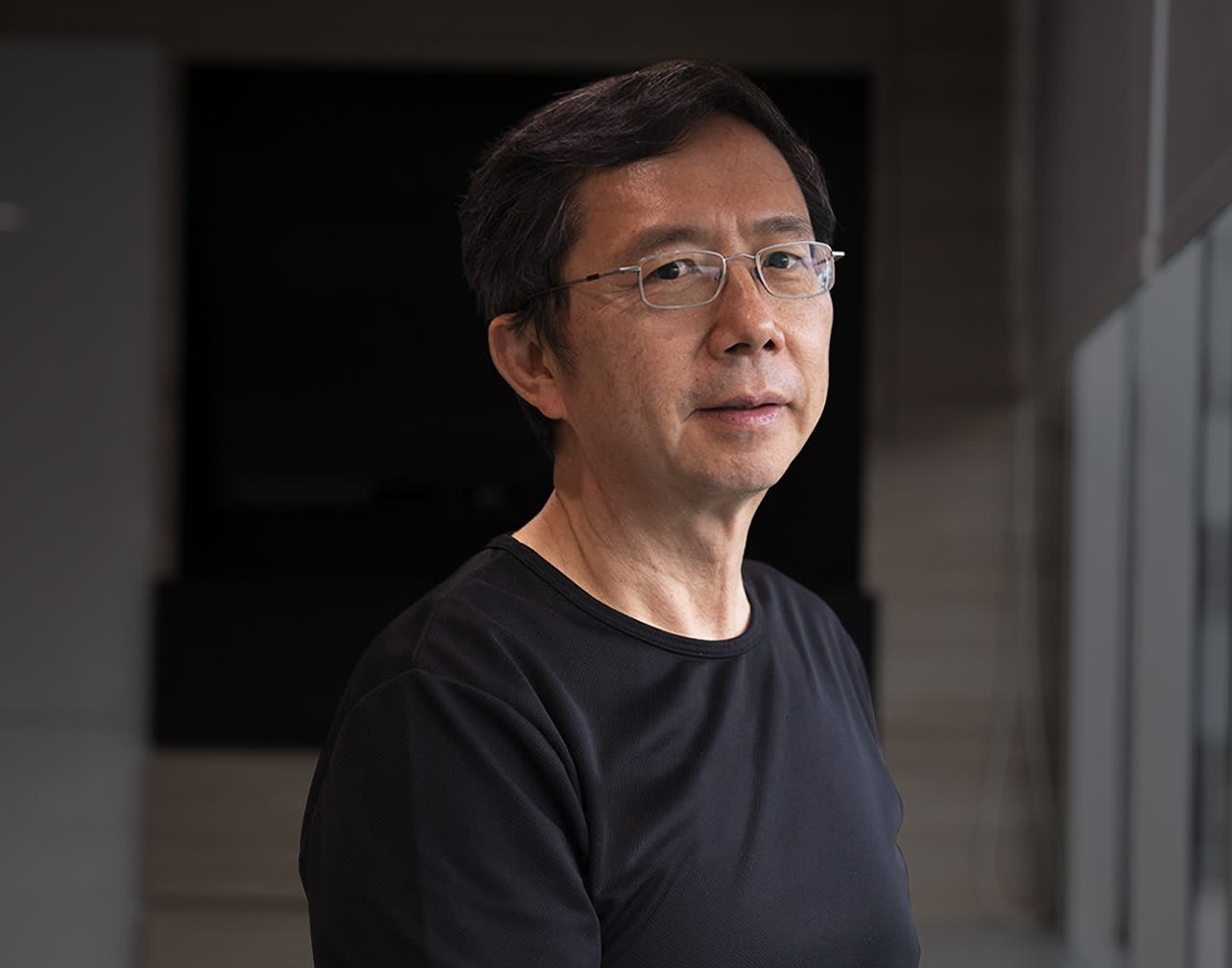Recap: Hoo founded Creative Technology (known as Creative Labs in the US) in mid-1981 but it wouldn't be until near the end of the decade before the company's dedicated audio processing card, the Sound Blaster, was released. The add-in card did virtually everything that the competing product from market leader AdLib did plus added additional features like a game port for less money.

Creative Technology founder, chairman and CEO Sim Wong Hoo died last week, his company recently confirmed. He was 67.
It didn't take long before the Sound Blaster became the top-selling PC expansion card and a household name among computer enthusiasts and PC gamers. Creative dominated the sound card market throughout the 90s and into the early 2000s and became the de facto for quality audio on the PC before motherboard makers started integrating increasingly better quality onboard audio into their offerings, demoting discrete sound cards to niche category status.
Creative was also an early participant in the MP3 player market with its Nomad and Zen lines of portable media players. The company even won a $100 million settlement against Apple for licensing of its Zen patents.
TechSpot readers of a certain age almost certainly have experience with Creative's line of products, whether it is sound cards, speakers or MP3 players. I personally went through a couple of Audigy-branded cards over the years and most recently replaced a Sound Blaster X-Fi Xtreme that was ruined by one of my cats with a Sound Blaster Z. I could just as easily use onboard audio but my motherboard is ancient, and I also like Sound Blaster's Crystalizer dynamic range enhancer. There is also some nostalgia at play; I totally would love to own one of those 5.25-inch drive bay audio head units some day just for the aesthetic factor.

Following his passing, Creative's board has appointed Lee Kheng Nam as acting chairman. Song Siow Hui, president of the company's business unit, will serve as interim chief executive officer until a permanent replacement is found.
https://www.techspot.com/news/97208-creative-labs-founder-sim-wong-hoo-creator-sound.html